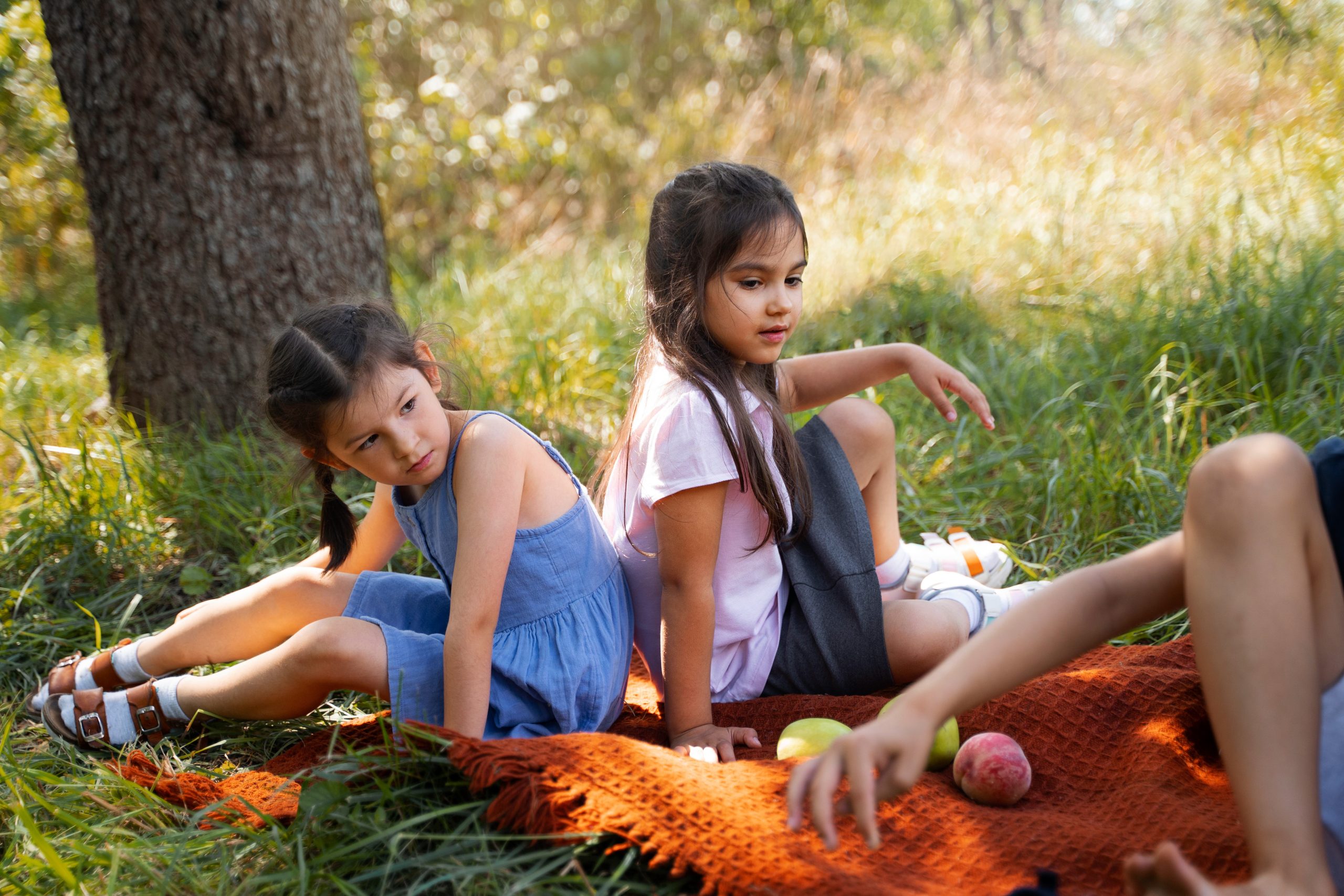
The Benefits of Field Trips for Preschoolers: Revitalizing Learning and Development
Introduction
As parents or caregivers, we always aspire to provide the greatest experiences for our kids. One way to achieve this is by taking them on field trips. Field trips are a crucial element of preschool learning because they offer an opportunity for preschoolers to learn beyond the boundaries of a classroom. They aid in refreshing preschoolers’ minds, boosting their curiosity, and improving their overall development. In this post, we’ll delve into the value of taking young preschoolers on field trips and why they should be an essential component of every child’s educational experience.
Enhances Learning
Field trips are a fantastic method to enhance toddlers’ learning experience. Preschoolers get to see and learn new things outside their classrooms. For instance, a visit to a museum allows preschoolers to engage with artifacts and learn about diverse cultures, history, and science. They can also learn about animals and their habitats by visiting a zoo. Furthermore, preschoolers can gain knowledge about food and its origins by visiting a farm. Field outings provide preschoolers with hands-on learning opportunities that improve information retention.
Fosters Independence and Confidence
Taking preschoolers on field trips also helps promote independence and confidence. It encourages them to explore new situations and engage with other people, aiding in the development of social skills. They learn to communicate with others, ask questions, and seek help when needed. Additionally, field trips provide young preschoolers with the chance to take charge of their educational experiences, fostering confidence.
Expands Cultural Awareness
Preschoolers have the chance to learn about various cultures and traditions through field trips. By exploring diverse areas, preschoolers can learn about the diversity of people and their ways of life. They can gain knowledge of various dialects, outfits, foods, music, and dancing. Field trips encourage tolerance of different cultures and ideas in young preschoolers, broadening their worldview.
Stimulates Curiosity and Creativity
Field trips stimulate preschoolers’ curiosity and creativity. They are exposed to new environments and experiences that inspire their imagination. Preschoolers can observe the world around them, ask questions, and generate their own ideas. They can also express their creativity by creating art, music, or writing about their experiences. Field trips offer a unique opportunity for preschoolers to explore and discover their interests and passions.
Promotes Physical Activity
Field trips promote physical activity, which is essential for preschoolers’ overall health and wellbeing. Preschoolers get to walk, run, and play, aiding in the development of their gross motor skills. Physical activity also promotes better sleep, improves mood, and reduces the risk of obesity. Field trips provide a fun and engaging way for preschoolers to be physically active and learn at the same time.
Builds Stronger Relationships
Field trips provide an opportunity for preschoolers to bond with their peers, teachers, and caregivers. Preschoolers can share their experiences, collaborate on activities, and support each other. They can also develop stronger relationships with their teachers and caregivers by spending quality time outside the classroom. Field trips help create a sense of community and belonging, which is essential for preschoolers’ emotional and social development.
Conclusion
In conclusion, taking preschoolers on field trips is crucial for their overall development. Field trips enhance learning experiences, foster independence and confidence, expand cultural awareness, stimulate curiosity and creativity, promote physical activity, and build stronger relationships. Parents, teachers, and caregivers should embrace field trips as a tool for learning and provide preschoolers with these opportunities as often as possible. Field trips are not just a fun activity; they are a crucial part of preschoolers’ learning journey.
The Importance of Taking Preschoolers on Field Trips
Field trips promote active learning as they provide preschoolers with an opportunity to learn by doing, rather than just listening or reading. This approach has been shown to be more effective in promoting retention and understanding of information.
Furthermore, field trips support language development by exposing preschoolers to new vocabulary and concepts, helping them expand their language skills and communicate effectively.
Field trips also encourage exploration and discovery, fostering a sense of curiosity and wonder in preschoolers and inspiring them to explore new things.
Moreover, field trips promote social-emotional development by providing opportunities for preschoolers to interact with others, build relationships, and develop empathy and compassion.
Additionally, field trips provide exposure to different cultures and perspectives, helping preschoolers develop cultural awareness and appreciation for diversity.
Finally, field trips can leave preschoolers with enduring memories that enhance their desire to learn and attitude toward schooling, fostering a love for learning.
Overall, field trips for preschoolers are a crucial aspect of their education and development, providing opportunities for active learning, language development, exploration, social-emotional development, exposure to diversity, and memorable experiences. Parents and educators should prioritize field trips as a valuable part of preschool education.
Tips for Planning Successful and Safe Field Trips
1. Plan ahead: Start planning the field trip well in advance to secure necessary permissions, make travel arrangements, and organize materials.
2. Choose an age-appropriate location: Ensure the chosen location is suitable for preschoolers’ interests and developmental level.
3. Involve parents and caregivers: Encourage their involvement in planning and execution for added support.
4. Be prepared for emergencies: Have a plan in place and ensure all adults are aware of safety procedures.
5. Ensure proper supervision: Have enough adults present and trained in safety procedures.
6. Provide clear guidelines: Communicate rules and expectations clearly to preschoolers and adults.
7. Encourage active participation: Engage preschoolers in the trip by encouraging questions and hands-on activities.
By following these tips, field trips can provide meaningful learning experiences for preschoolers, stimulating curiosity and fostering a love for learning that lasts a lifetime.


